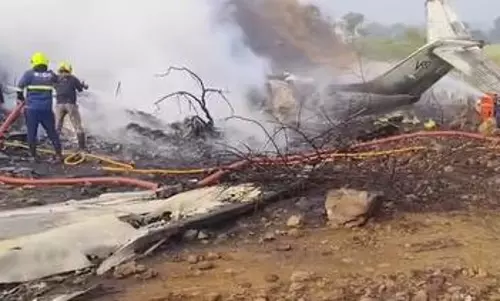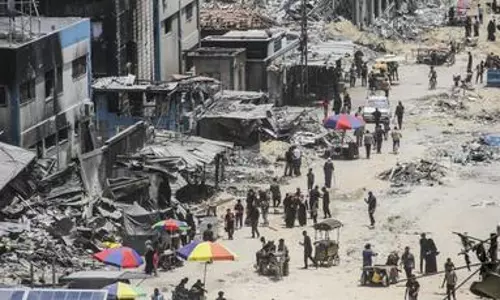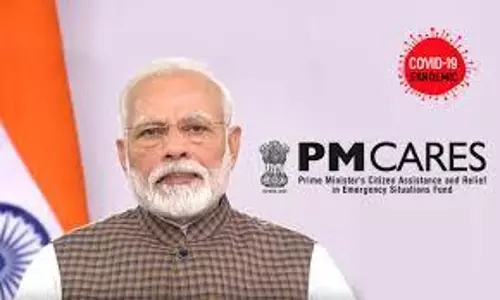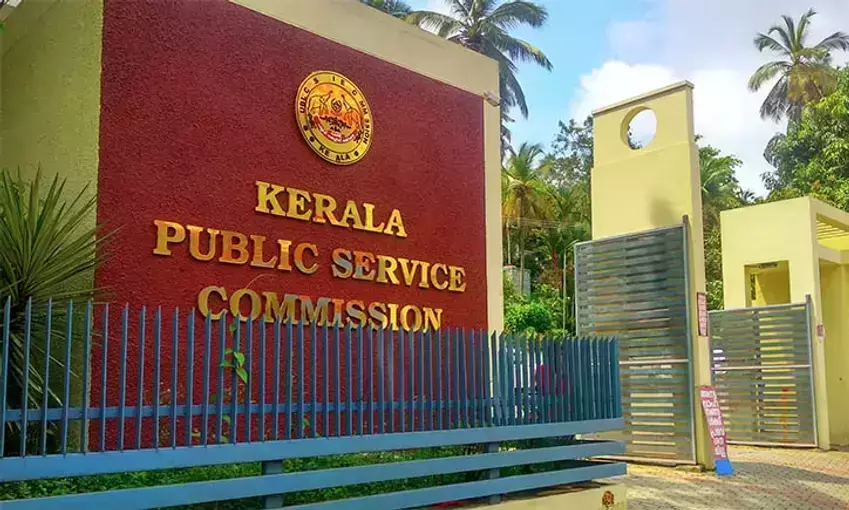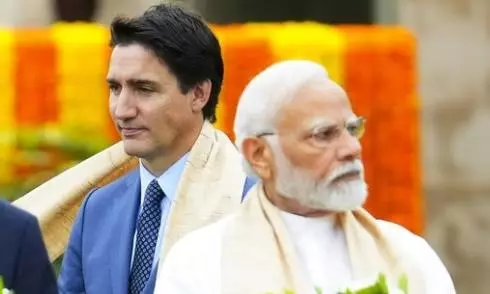
Is India's foreign policy based on peace?
text_fields“I have said repeatedly that this is not an age for war. Keeping a humanitarian perspective, dialogue and diplomacy must be given priority. India will continue to contribute in all possible ways in this direction”- These words are from Prime Minister Narendra Modi's speech at the East Asia Summit in Laos on October 11. PM Modi said that maintaining peace in Eurasia and West Asia is the need of everybody. Everyone should agree with the Prime Minister's words. Our Prime Minister expressed the sentiment shared by all peace-loving humans in the world just as the Russia-Ukraine war on the one hand and Israel's invasion of Palestine and Lebanon on the other continue unabated, wreaking havoc. However the huge hiatus between words and deeds can only become clear when we evaluate the peace restoration policies of him as the ruler of the largest democracy in the world and his government.
Israel, India's best friend and military and economic partner, continues to kill people rejecting all appeals and resolutions of the United Nations even after more than 60,000 people were tragically killed in ground and air strikes launched against a population of Israeli women, children, the elderly and the sick alongside razing places of worship and hospitals as a response to the Hamas attack on October 7 last year. Modi's India is unable to even request a ceasefire of the Zionist nation. The administration has barred UN Secretary-General Antonio Guterres from entering the country for condemning the inhumane attacks. Modi's India stayed away when 104 member states in UN signed a resolution against this. Earlier when 124 countries supported a UN resolution condemning the Israeli occupation India was among the 45 countries that abstained from it. How do we think the peace PM Modi exhorted will dawn in West Asia? Like Israel and the United States, India also portrayed the attack by Hamas as a terrorist attack; when Hamas expressed willingness for a ceasefire, Israel defiantly dismissed it. Protesting in democratic India against the unilateral genocide in Palestine and Lebanon could lead to police action at any moment. The attack against those who condemn the Israeli genocide continue in media. Unlike in the past, the Hindutva extremists do not even realize that the whole world is watching our double standards. India is a country that once helmed the Non-Aligned Movement leading the struggle for world peace and anti-war move against imperialism. Even if that position does not exist today, our rulers do not even bother to isolate themselves in the world platform by siding with the Zionist state along with the imperialists in the United States.
In the midst of this is the country’s diplomatic battle with Canada where lakhs of Indians have migrated and where tens of thousands of young people, including Malayalis, seek higher education. The diplomatic war that began after Canada accused involvement of Indian agents in the murder of Canadian citizen Hardeep Singh Nijjar on June 18 2023 ended up both countries expelling six each diplomats. The war has got intensified after the Canadian Prime Minister made public accusations. Khalistan separatist movement leader Nijjar is a wanted fugitive for India. The charge that the Khalistani leader, who is a threat to India's internal peace, is stirring up two percent of Canada's Sikh community against the country is valid. There should be an end to it. But the wrongdoer will be in the dock if there was a move on our part to kill the citizen of another country. Even as our government unequivocally denies the allegation, Canada claims to have submitted clear evidence to India. Certainly, the dispute should be resolved peacefully through bilateral talks. It is reported that the difficult situation has worried lakhs of Indians living in Canada. The latest developments reinforce the public perception that the ultra-Hindutva government is failing to formulate a well-thought-out and nationally oriented foreign policy.





